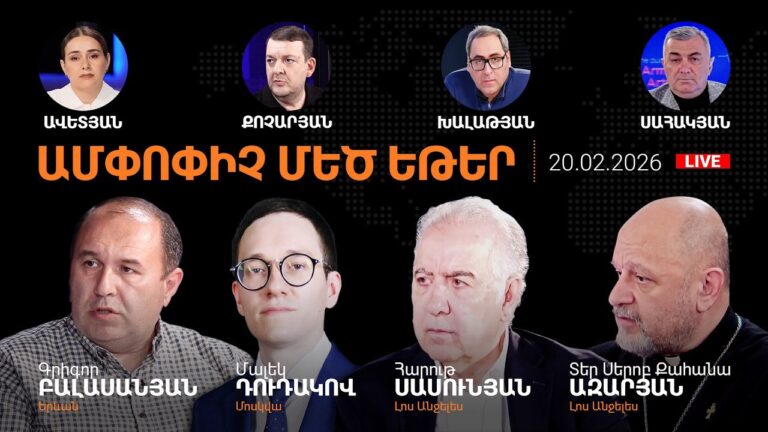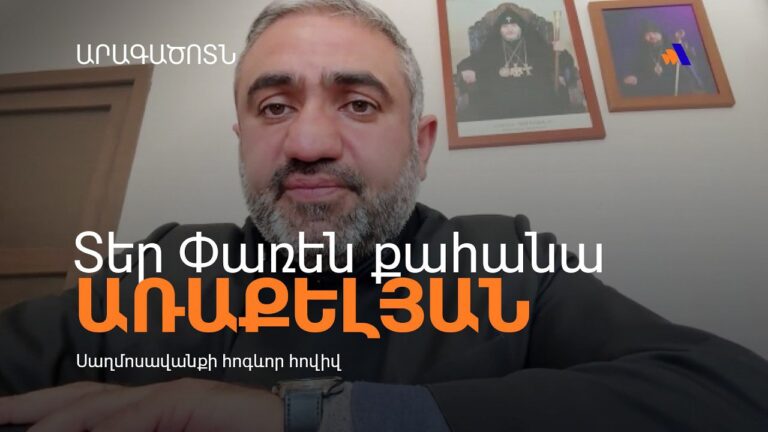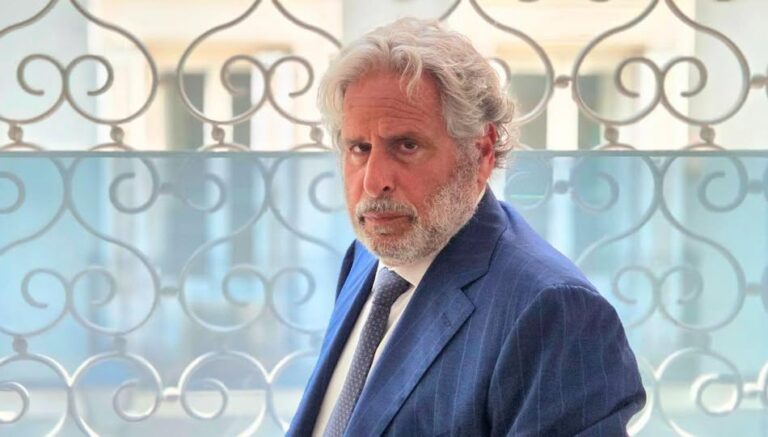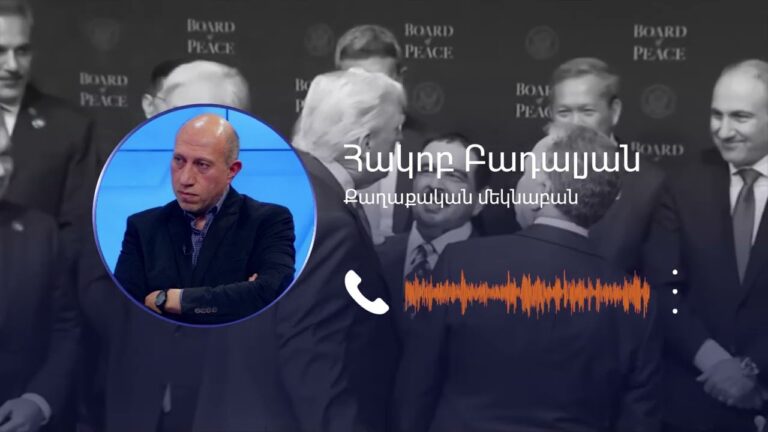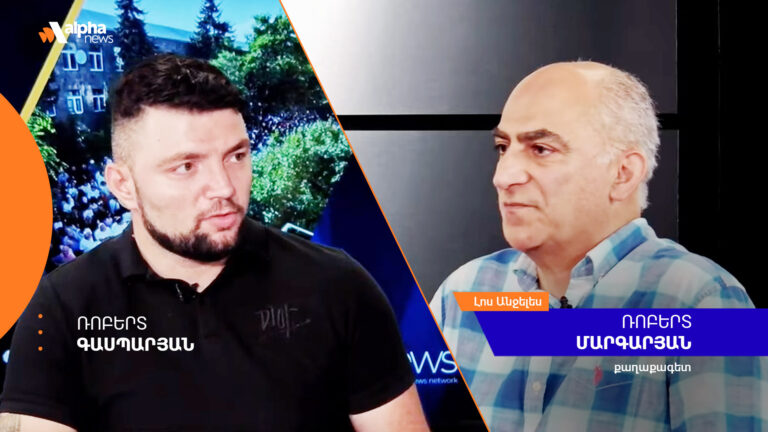Pashinyan’s refusal to attend Putin’s inauguration is pointed, political scientist says
Speaking with Alpha News, political scientist Vladimir Shapovalov commented on Armenian Prime Minister Nikol Pashinyan’s refusal to attend Russian President Vladimir Putin’s inauguration.
According to the expert, Pashinyan’s refusal to attend Putin’s inauguration is pointed.
“Over the past few months, the Armenian authorities, led by Prime Minister Pashinyan, have been quite actively pursuing the following foreign policies. First, they wanted to distance themselves from Russia; then, they started to get closer to the Western community. There are a number of statements by Pashinyan and his entourage that are directed against Russia. In this case, Pashinyan’s refusal to go to Putin’s inauguration is a pointed refusal to attend the inauguration of the President of Russia. What do these actions mean?
Armenia is becoming the object of the West’s active attempts to take control of the South Caucasus, turn Armenia into a stronghold of anti-Russian policy, and make Armenia a base for anti-Russian actions in the South Caucasus. This is part of the general policy to open the so-called second front. They are trying to destabilize the situation in Georgia and Moldova and to carry out certain anti-Russian actions in a number of other post-Soviet countries. Georgia, it would seem, has been on the hook of the West for a long time; however, it is not possible to make the situation irreversible and force Georgia to enter into conflict with Russia, but the West got a chance to act through Pashinyan.
We must emphasize that this policy, which has intensified over the past few months, was planned as soon as Pashinyan seized power. So, in this case, Russia does not consider it some kind of unexpected change; this situation has been brewing for a long time,” Shapovalov said.
“These pointed actions have two addressees. On the one hand, this is the West; on the other, the Armenian public. Pashinyan distances himself from Russia and thereby actually emphasizes his loyalty to the West.
Pashinyan promotes narratives for the Armenian public related to the fact that Russia is to blame for all the troubles that have happened to Armenia in recent years, and only Russia is responsible for them.
At the same time, it is necessary to emphasize that we must share the position of the Prime Minister of Armenia and the Armenian people. The Prime Minister takes an anti-Russian position, but at the same time, we have a centuries-old history of friendship with the Armenian people. History will not go away; sooner or later, constructive sentiments will prevail in Armenia, and politicians will come to power who understand the importance of Russia and who understand that only Russia can be the guarantor of the normal prosperity and development of the Armenian state,” Shapovalov concluded.

